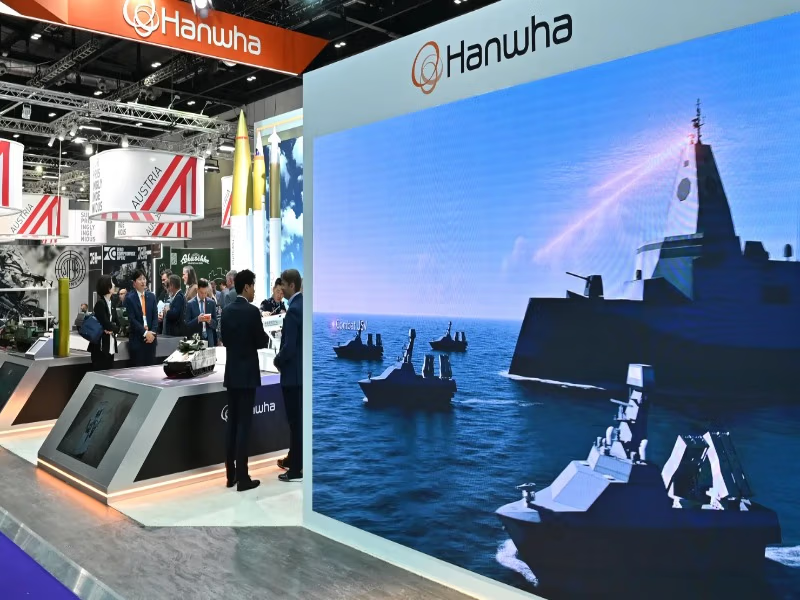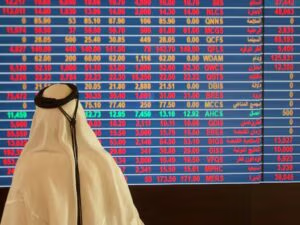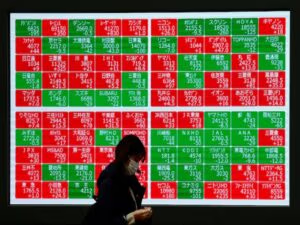South Korean ship builder, Hanwha Ocean, lost over 8 percent of its shares on Tuesday after China sanctioned five of its American subsidiaries, stepping up tension with Washington over their purported role in a probe of the Chinese shipping industry.
According to a statement of the Commerce Ministry of China, the authorized subsidiaries are: Hanwha Shipping LLC, Hanwha Philly Shipyard Inc, Hanwha Ocean USA International LLC, Hanwha Shipping Holdings LLC, and HS USA Holdings Corp.
In a different statement by a spokesperson at Mofcom, which was later translated by CNBC, indicated, “Hanwha’s subsidiaries in the U.S. have assisted and supported the U.S. government’s probes and measures against Chinese maritime, logistics, and shipbuilding sectors. China is strongly dissatisfied and resolutely opposes it.”
The ministry said that the order, which should take effect immediately, would block Chinese organizations and individuals from engaging in business with the sanctioned companies, and it was aimed at protecting the sovereignty and security of China.
Hanwha Ocean failed to respond to the request made by CNBC to provide comments immediately.
Beijing has confirmed that it is now collecting the extra port fees earlier on Tuesday, on U.S.-linked vessels, when it also clarified that its Chinese-built ships would not be charged the extra port fees.
The action came after the U.S. had decided to charge high levies on Chinese vessels calling at American ports beginning Tuesday at 12:01 a.m. EDT. China responded with an equivalent charge of 400 yuan ($56) per net ton on American vessels, which became effective on the same day. Meanwhile, the container ships may be in the range of 50,000 to 220,000 tons.
Beijing has also announced a new system of limiting the export of rare earths and extended its list of blacklisted companies in the US.
As the U.S. President Donald Trump responded, he threatened to add 100 percent more tariffs to Chinese imports, and Beijing claimed that its ban on rare earths as a “legitimate” measure.
In another statement, the Ministry of Transport of China declared that it had initiated an inquiry into the effects of the Washington Section 301 probe on the Chinese shipbuilding and shipping industries.
The ministry cited that the investigation would also determine whether companies, organizations, or individuals assisted the U.S. in “undertaking discriminatory restrictive behaviours” against the shipping supply chain of China.






